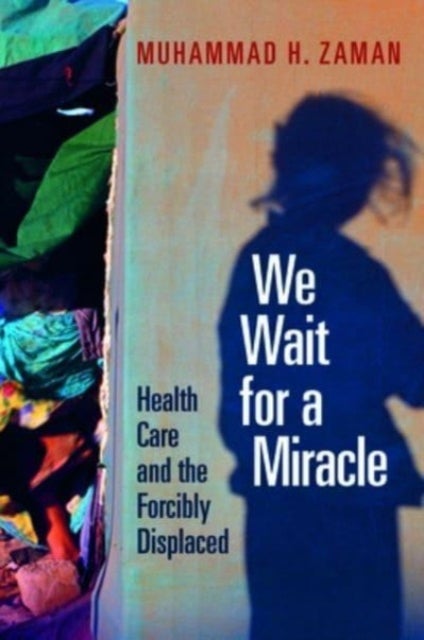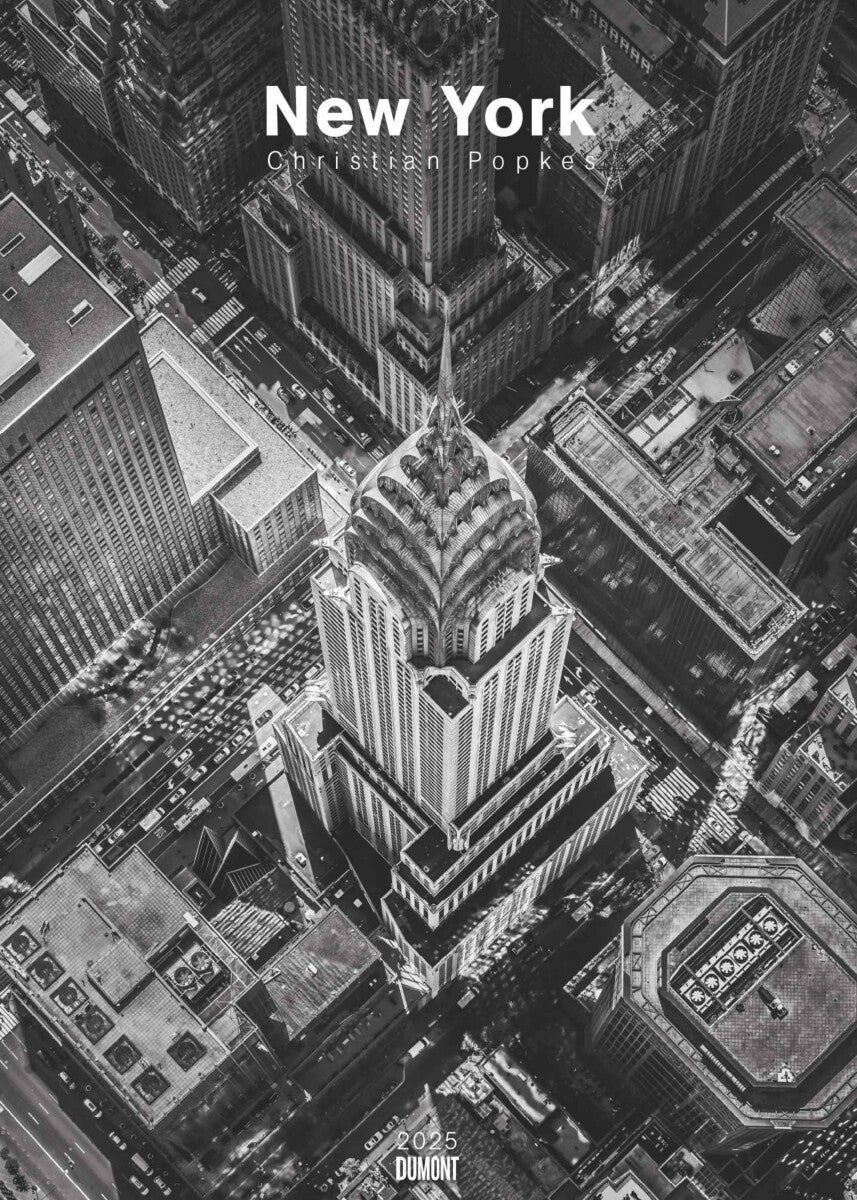
We Wait for a Miracle av Muhammad H. Zaman
279,-
<p><b>The story of how we treat refugees is a story about our own moral failings, and the barriers that refugees face in accessing health care can be as difficult to overcome as any other adversity in their path to stability.</b></p><p>Around the world, millions are forcibly displaced by conflict, climate change, and persecution. Some cross international borders, while others are displaced within their own countries. In <i>We Wait for a Miracle</i>, Muhammad H. Zaman shares poignant stories across continents to highlight the health care experiences of refugees and forced migrants. For many of these people, health risks unfortunately become part of the fabric of everyday life as they navigate new countries that treat them with varying degrees of care and indifference. </p><p>Across widely varied local systems, countries of origin, health concerns, and other contexts, Zaman finds that barriers to health care share these key factors: trust, social network, efficiency of the health system,








